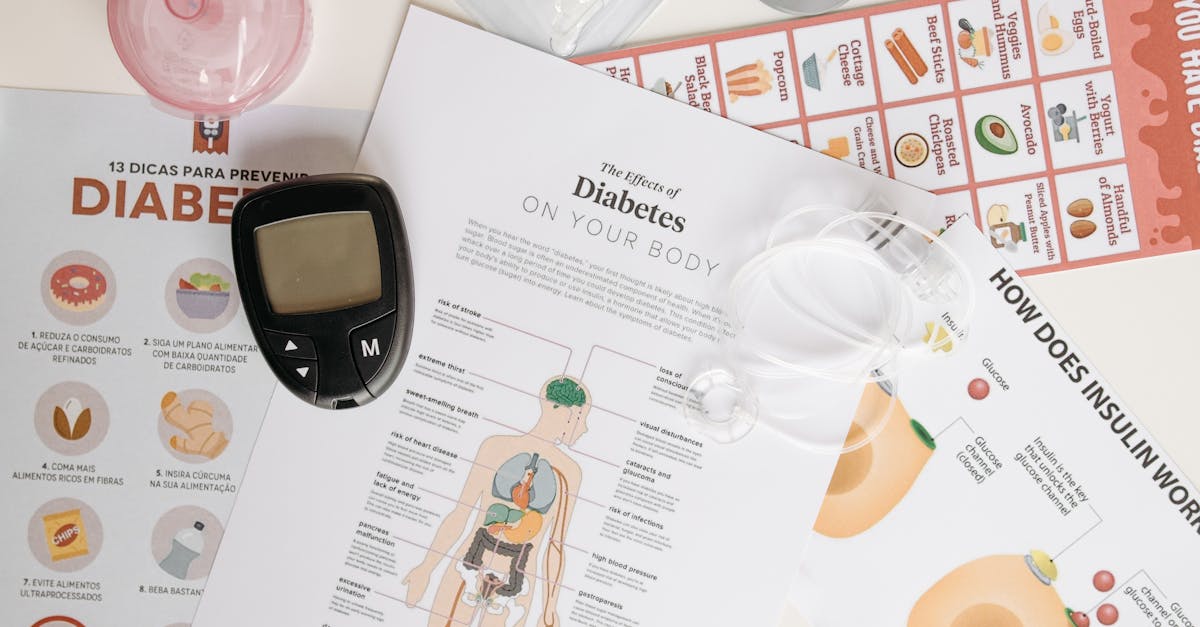Understanding Dental Insurance Plans
Introduction
Dental health is an integral part of overall well-being, yet it's often overlooked. Dental insurance plans offer a financial cushion for maintaining oral hygiene. Understanding these plans is crucial for accessing affordable dental care.
Advertisement
Types of Dental Insurance Plans
Dental insurance comes in various forms, primarily Dental Preferred Provider Organizations (DPPOs) and Dental Health Maintenance Organizations (DHMOs). DPPOs offer a network of dentists, but you can see any dentist with varying coverage. DHMOs require selecting from a specific network, often at lower costs.
Advertisement
Coverage Offered by Plans
Most dental insurance plans cover preventive care like cleanings and check-ups at 100%. Basic procedures such as fillings and extractions are partially covered. Major procedures like crowns or root canals may have lower coverage percentages, emphasizing the need for understanding plan specifics.
Advertisement
Exclusions and Limitations
Not all dental issues are covered by insurance plans. Cosmetic procedures like teeth whitening may not be included. Some plans have waiting periods for certain treatments and annual caps on benefits, impacting payment out-of-pocket responsibilities.
Advertisement
What Affects Premiums and Costs
The cost of dental plans varies based on factors like the scope of coverage, age, and location. Plans with lower premiums may have higher out-of-pocket costs and vice versa. It's vital to weigh these factors against your anticipated dental care needs.
Advertisement
Dental Insurance vs. Discount Plans
Dental discount plans are alternatives to traditional insurance, providing reduced rates for dental services in exchange for an annual fee. These shouldn't be confused with insurance, as they don't cover costs but rather lower service prices directly from participating dentists.
Advertisement
How to Choose a Plan
Selecting a dental insurance plan requires evaluating your dental health needs and budget. Consider if you need more preventive or specialized care. Review dentist networks, out-of-pocket expenses, and coverage specifics to ensure they align with your needs.
Advertisement
Benefits of Having Dental Insurance
Dental insurance encourages regular preventive care, helping to avoid costly procedures in the long run. It reduces financial burdens from unexpected oral health issues and supports overall dental health, which in turn benefits general health.
Advertisement
Tips for Maximizing Your Plan
To get the most out of your dental insurance, regularly schedule preventive check-ups. Stay informed about your plan's network dentists to minimize out-of-pocket expenses. Understanding your policy's annual limits ensures you plan treatments effectively.
Advertisement
Conclusion
Dental insurance is a valuable tool in maintaining oral health while managing costs. Carefully selecting a plan that caters to your personal needs optimizes benefits. Invest in a fitting dental plan to safeguard both your smile and financial well-being.
Advertisement


